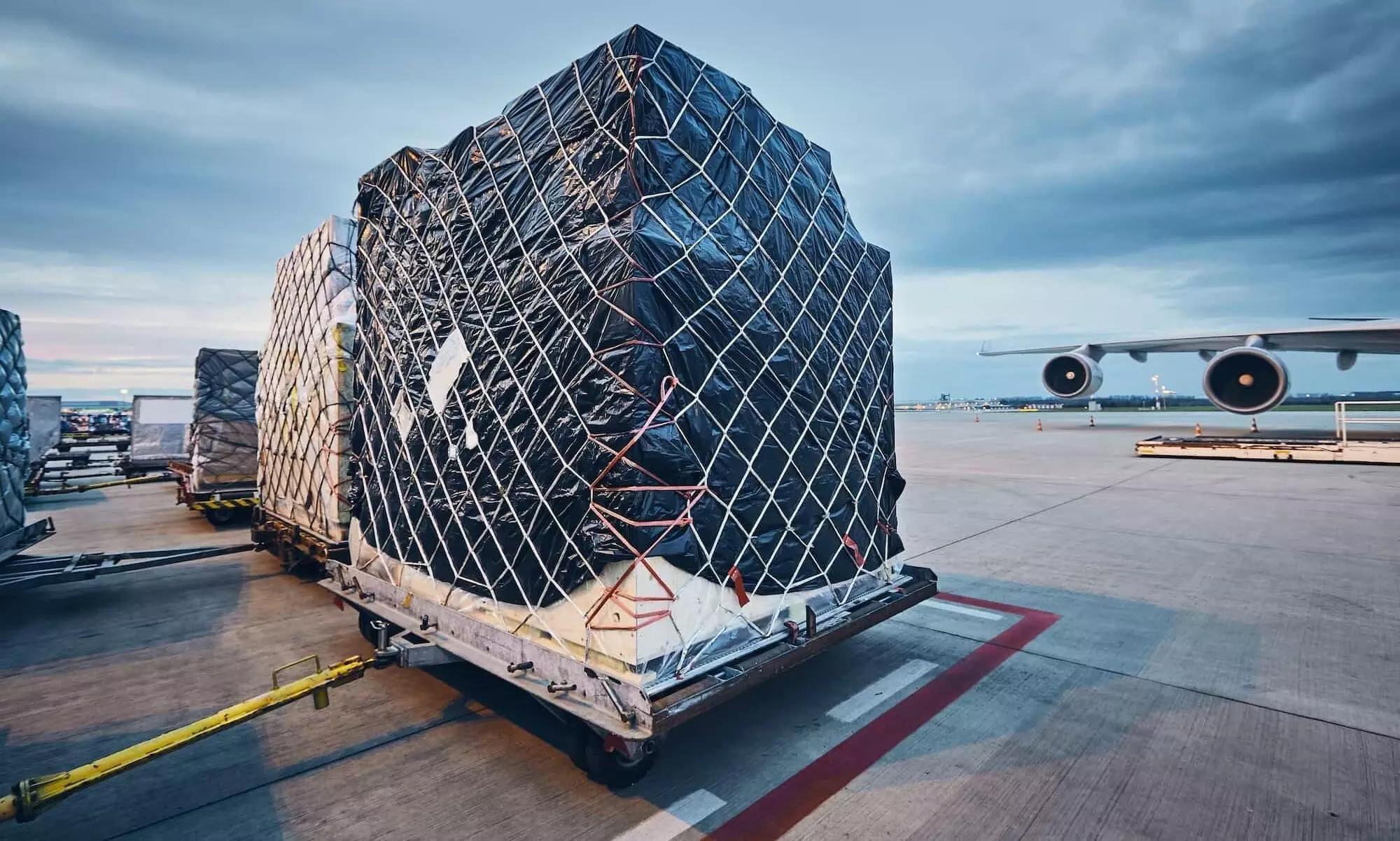
Air cargo demand seen increasing ahead of Trump moves: Dimerco
"To mitigate potential cost increases, companies are anticipated to ramp up inventory levels over the next 2-3 months."

The upcoming inauguration of U.S. President-Elect Donald Trump is expected to bring significant policy changes that could reshape global trade.
Key proposals include:
*Increasing tariffs: A 10-20 percent tariff on all imports, and up to 60 percent on imports from China.
*Corporate tax reduction: Lowering corporate income tax from 21 percent to 15 percent for U.S. domestic production; and
*Immigration control: Strict immigration measures, including deporting 11 million undocumented immigrants.
"With Trump’s inauguration scheduled for January 20, 2025 and new tariffs likely to take effect by February or March, businesses are expected to take proactive measures to avoid the financial impact of higher duties," says the latest update from Dimerco. "To mitigate potential cost increases, many companies are anticipated to ramp up inventory levels over the next 2-3 months. This stockpiling will likely drive a significant increase in both air and ocean freight activity as businesses rush to import goods before the new tariffs.
"The rush to secure products before the tariff hikes will put pressure on logistics networks, potentially leading to tighter space and higher shipping rates. This heightened demand for freight services may also result in longer lead times as companies push for faster deliveries to fill their warehouses."
Kathy Liu, VP, Global Sales and Marketing, Dimerco Express Group says: "During the first three weeks of November, the air freight market remained relatively flat but started gaining momentum from November 18, with rates to the U.S. and E.U. increasing significantly. E-commerce platforms had already secured capacity earlier in Q4 with direct support from airlines, leading to lower shipment volumes compared to the same period last year. December is expected to be busy during the first two weeks, driven by Black Friday sales, but starting in week 51, the market will likely slow as the traditional holiday season begins."
Country report
Taiwan: Although the e-commerce boom has slowed, demand for semiconductors and servers, fueled by AI technology, continues to support air freight, the report added. "Cargo volume is expected to remain stable through the end of the year. Space availability on the Taipei-to-U.S. route has improved since last month, providing more room for larger shipments and better opportunities for negotiating airfreight rates. Space on the Taipei-to-India route remains tight, with bookings full through the end of November. Urgent shipments to MAA, DEL and BOM should be booked in advance."
North China: Some airlines have already transitioned to winter/spring schedules, reducing flights and downsizing aircraft, leading to tighter capacity. "The temporary surge in e-commerce exports has further strained available capacity."
East China: Boeing 747-8F aircraft from Korean Airlines has been sent for maintenance, "leading to tighter space availability on the PVG to ICN route. The surge in demand for the Black Friday and Christmas shopping seasons has further reduced available space and driven up freight rates."
Hong Kong: Some e-commerce companies have scheduled charter flights, resulting in tighter export space from Hong Kong. The traditional peak season is expected to extend until the end of December, the update added.
South Korea: Space to the U.S. is currently tight with the semiconductor industry being a major factor contributing to these constraints, expected to persist through December in the Korean market. "For shipments from ICN to SIN, bookings should be made at least one week in advance due to high demand and limited space. For shipments from ICN to the U.S., bookings should be made two weeks in advance to accommodate the high demand and tight space availability."
Thailand: There is limited space to meet the demand for U.S. shipments, requiring advance bookings of at least two days. "Starlux has launched new U.S. routes this month, including SEA, SFO, LAX and JFK, which may help accommodate the growing demand for U.S.-bound shipments. For Europe exports, space remains tight with high rates. However, the demand is lower compared to U.S.-bound shipments. Over the past months, there have been reports of cargo damage due to inadequate packaging during the rainy season. It is recommended to use more durable packaging and document the cargo with photos to support damage claims if necessary. Currently, more exports are being processed through the BFS warehouse due to its superior management system compared to the TG warehouse. The TG warehouse is now focused on imports, transit items and other cargo, leading to delays in managing new shipments."
India: Current rates remain stable to all destinations but an expected Christmas rush could lead to an increase in rates, the update added.
North America/Los Angeles: For shipments to the Asia-Pacific region, carriers are not facing significant capacity constraints, aside from occasional disruptions caused by typhoons. Capacity to the LATAM region is tight, with carriers sometimes only accepting priority services due to flight cancellations and resulting capacity limitations.
North America/Chicago: The airline terminals are experiencing congestion, which may lead to possible detentions.
Europe: Airlines are strategically reallocating capacity to high-demand routes, particularly from the Asia Pacific to North America and Europe, in preparation for the upcoming holiday shopping season. As a result, booking times may extend to several weeks, and anticipated uplifts are likely to be delayed.
Mexico: E-commerce platforms such as AliExpress, Temu and Shein have significantly boosted air trade between China and Mexico, the update added. "From January to July 2024, air imports from China to Mexico surged by 550 percent compared to 2021, reaching 89,786 tonnes. New air routes now connect Shanghai, Shenzhen and Zhengzhou to Mexico City's Felipe Ángeles International Airport, with charter flights playing a pivotal role in meeting demand. This surge has also led to the establishment of new warehouses in key Mexican cities, improving logistics efficiency and delivery times. The de minimis exemption for low-value goods has simplified direct imports, further accelerating trade growth between the two nations."

